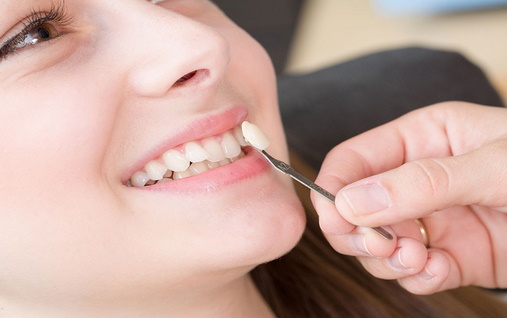Oral Diseases That Your Dentists In Sunshine Will Treat
- Written by NewsServices.com
Even After taking good care of your teeth and maintaining regular hygiene, It is essential to get professional help to clean your teeth twice a year during your routine dental visits. If you reveal signs of gum condition, infections, or various other problems, your dentist in Sunshine will certainly recommend therapies. This post will discuss multiple oral diseases that a dentist can treat.

Dental Cleaning
A professional cleaning can eliminate plaque and tartar that you might have missed while brushing and flossing. A dental hygienist typically performs dental cleaning. First, the tartar is removed from your teeth, using a high-powered toothbrush to cleanse your teeth. This is followed by flossing and washing to rinse any debris and give you a bright and shining smile.
A deep-cleansing is popularly known as scaling and root planning. It removes tartar from above the teeth, and that is existing below the gum line that cannot be gotten to with regular cleansing.
Fluoride Treatments
Complying with a dental cleaning, your dentist might apply fluoride therapy to fight cavities. Fluoride helps strengthen the enamel of your tooth and make them more durable to germs as well as acid.
Prescription Antibiotics
The dentist will prescribe antibiotics to eliminate tooth infection, tooth abscess or gum infection to eliminate the disease. The antibiotic can also be administered in a mouth rinse, gel, dental tablet computer, or pill. The topical antibiotic gel might additionally be related to the teeth or gum tissues throughout procedures.
Sealants, Fillings, And Crowns
A dental filling is used to treat a cavity, crack, or gap in the tooth. The dentist will initially use a drill to remove the damaged area of the tooth and then load the hole with some product, such as amalgam or composite.
A crown is advised in cases where there has been massive tooth loss due to injury or disease. There are two crowns: an implant crown that fits over an implant and an average crown that fits over an all-natural tooth. Both sorts of crowns complete the void where your all-natural tooth showed up.
Dental sealants are slim; safety surfaces are put on the back teeth, or molars, to aid stop cavities. Your dentist may suggest a sealant for kids as soon as they obtain their initial molars at around age six, and once again, they get their 2nd set of molars around age 12. Sealants are simple to use as well as entirely painless.
Root Canal
You may require a root canal if dental caries reach the tooth's interiors to the nerve. A root canal involves removing the nerve. Then, the crown is loaded with a biocompatible product. Generally, a combination of a rubber-like material called gutta-percha and sticky concrete.
Conclusion
Your oral health is an everyday commitment. A dental hygienist can demonstrate how to deal with your teeth effectively. However, even after regular dental care, there could be dental issues for which you will have to visit the dentist. It is essential to visit the dentist for procedures like cleaning to remove plaque and tartar. If you indicate a gum infection or have a tooth abscess, your dentist may suggest antibiotics to eliminate the disease. A crown is recommended if the tooth is damaged or has broken due to injury.

















